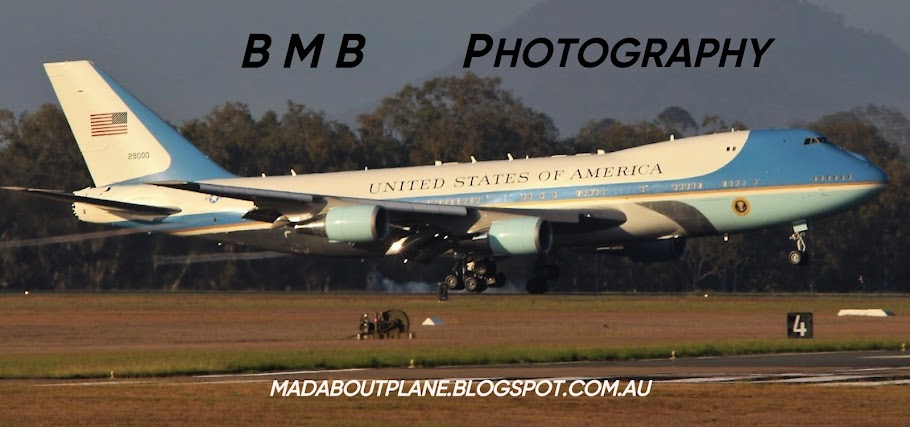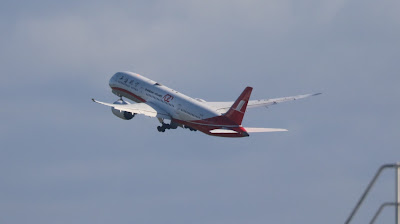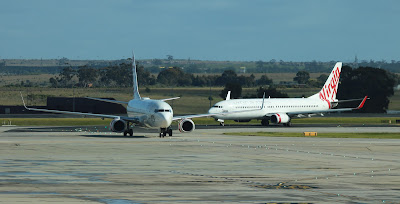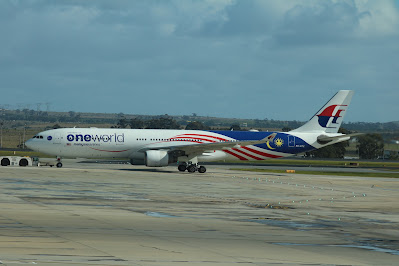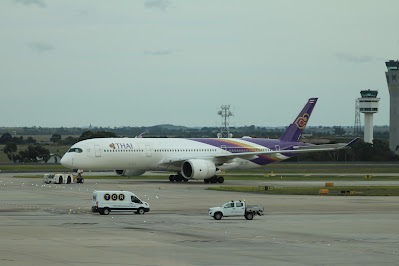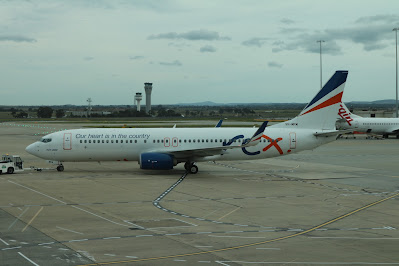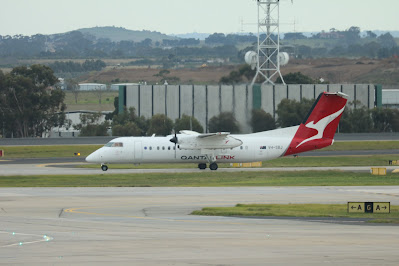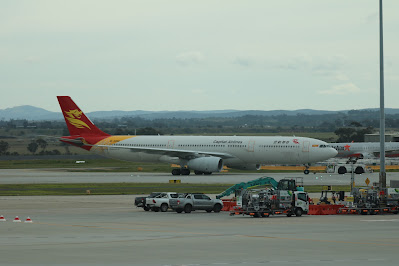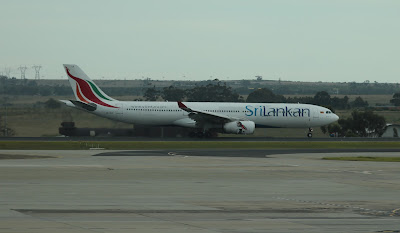 |
| REX BOEING 737-8FE VH-RQC (MSN 33797) |
Australia's domestic aviation market was thrown another curve ball yesterday with the news that Regional Express Holdings Limited (Rex), the nation's largest independent regional and domestic airline, has called for a trading halt of its shares on the Australian Stock Exchange (ASX).
This news comes just a few months after Bonza's collapse, sending a shudder through the industry. This is particularly so after Qantas CEO Vanessa Hudson recently said that "history proved three airlines struggle to survive in Australia" and that Australia's population could not support "more players."
This morning, the ASX advised that shares in Regional Express Holdings Limited would be temporarily paused pending a further announcement, and that was followed soon after by an official announcement to the stock exchange from Rex, which said:
"In accordance with ASX Listing Rule 17.1, Regional Express Holdings Limited (Rex) requests the securities of the company to be placed in an immediate trading halt pending a material announcement in relation to a news article published on Saturday, 27th July 2024. Rex advises the trading halt is to last until the commencement of trade on Wednesday, 31st July 2024 or until the announcement mentioned above has been made."
The article appeared in the Australian newspaper on Saturday and painted a rather bleak picture of Rex in the domestic market and its future. The article claims that Rex is in "serious financial bother" and that "it seems the airline has invited a turnaround team from Deloitte to rifle through its books and try to stop the proverbial plane from crashing into the mountain."
Deloitte is a financial services business that worked on Virgin Australia's restructuring when it went into administration and later emerged under the control of Bain Capital. The newspaper article also mocks Rex for having a domestic market share that "languishes in the single digits" and says that the situation "could become intractable enough to push the airline into administration."
Although this short piece presents nothing to back up its assertions, it clearly has the potential to damage Rex and its shareholders, leading to the company's request for a trading halt. Simple Flying contacted Rex today for comment, but as a public company, it could not say much other than to supply us with this statement:
"The company is currently in an ASX trading halt pending making a material announcement. Accordingly, in the meantime, it isn't appropriate for us to make further comments until such announcement is made."
Without judging Rex's financial stability or otherwise, the airline has only responded to a scurrilous report by protecting its shareholders and the company. It is now formulating an announcement that will set the scene for what follows, including dealing with the boardroom challenge launched by its major shareholder, Lim Kim Hai.
Today, the Transport Workers Union, a vociferous critic of all things Qantas, called for an independent Safe and Secure Skies Commission to provide regulatory oversight, stability and binding standards for aviation. National Secretary Michael Kaine said:
"Like Bonza, Rex was another airline attempting to do right by the Australian public, keeping regional communities connected and driving down fares on popular routes. Following complaints against Qantas of capacity dumping, slot hoarding and a bidding war in regional Australia, Rex has now become another victim of an unregulated aviation market."While that does sound like an epitaph, it does express what many think about Qantas' market strength and its arrogant approach to workers and competition over the last decades. Rex has been Australia's most reliable airline for more than a year and has provided Australians with lower fares at a time when Qantas and Virgin Australia sent them so high that domestic aviation is still well short of pre-pandemic levels.
There is more to play out with this story, but there are many, many Australians who don't want an aviation industry ruled by Qantas and its misplaced sense of entitlement to a majority market share.
Story sourced from here
.JPG)
